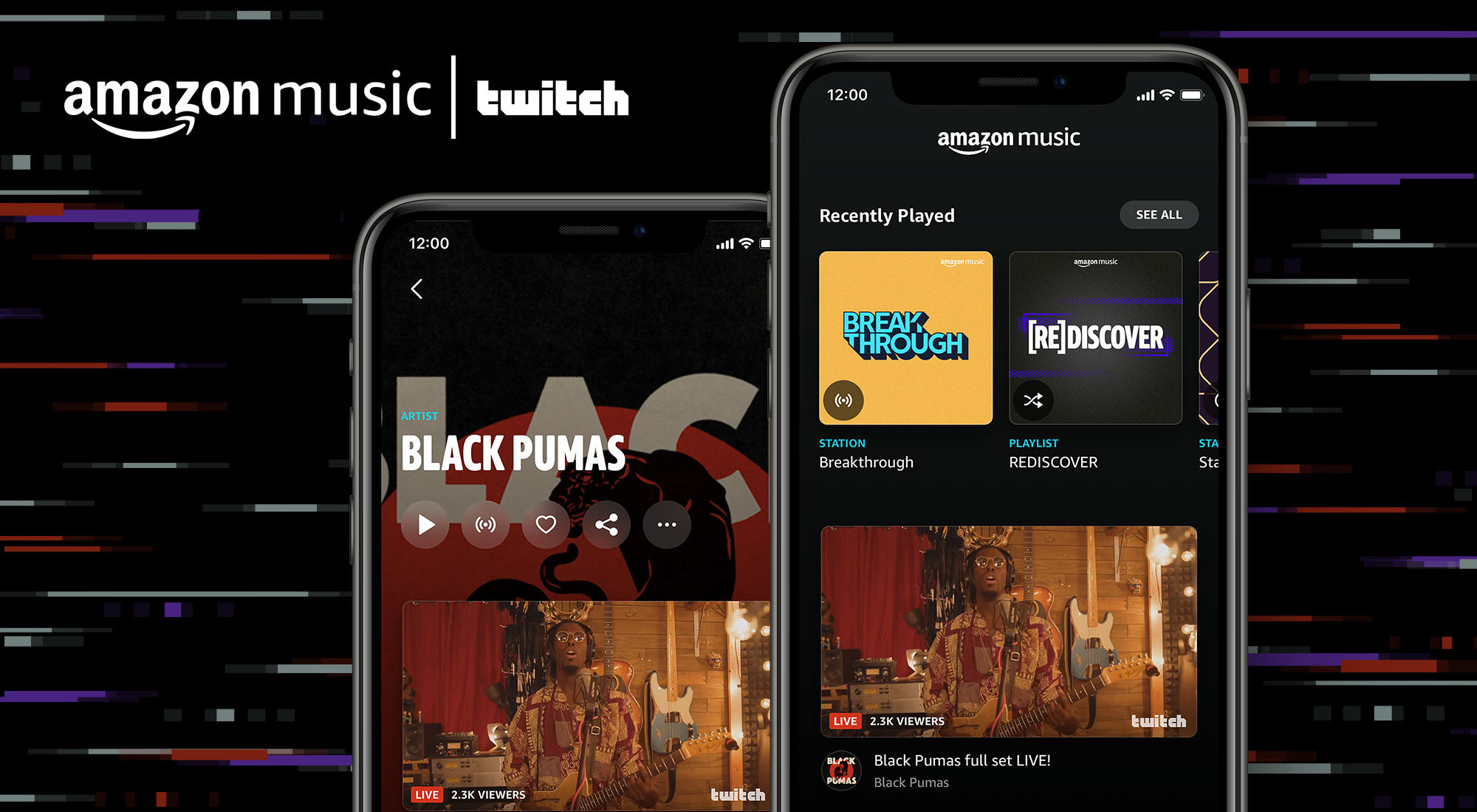
WebTorrent integration works well enough within the Brave browser as we speak and further improvements will be made as the WebTorrent project matures over time. The Brave team has been keeping a close eye on this technology for some time now, albeit the protocol was far from perfect in the beginning. Having content available to consumers from within the browser directly without external downloads is quite an exciting development.

It is unclear if this is possible with WebTorrent in its current stage, though.
#Webtorrent live streaming download#
Then again, Netflix, Amazon, and even Hulu are working on letting users download shows to an SD card for later viewing. Combining a high convenience factor and affordable pricing make streaming-based services an absolute success. Popular streaming services are catering towards a large audience these days. Streaming is becoming the new way to deliver high-value content to people all over the world, whereas downloading is slowly becoming less popular. The BitTorrent protocol has seen its ups and downs regarding popularity over the past few years. It is not surprising to see the Brave team focus on WebTorrent right now. A convenient way to access BitTorrent-based content. Instead of downloading a hard copy of the files onto your PC, the content will be delivered over a stream. For those who have never heard of this concept, WebTorrent allows web pages to stream content from the BitTorrent network directly to the browser window. To put this news into perspective, the Brave team seems quite excited about the WebTorrent protocol. A new feature was announced which will hopefully make this process easier. Brave, a browser built around using bitcoin to provide a better advertising experience while surfing the web, is trying to gain market traction. Despite bitcoin providing a more than a valid use case for financial services, a lot of people remain wary of cryptocurrency for the time being. KitGuru Says: It will be interesting to see what copyright lobby groups think of website content being ‘shared' among streamers to aid proliferation.Increasing bitcoin adoption on a global scale is anything but easy. This is something it will be trialling in the future. Netflix is also actively looking into the technology and has even advertised a job position with it named in the description. A quick visit to the WebTorrent homepage has a break down of how it can work with a live demonstration of video streaming via a peer-focused network. It could even be made more local, with those on the same ISP able to stream or share content with one another without it leaving the network, corralling and managing network traffic in a much more useful manner than it is currently.Īnd the technology already works. As it stands, peak hours can slow these services down, but with WebTorrent, larger numbers of users just means more uploaders, which should result in a faster service for everyone, as more and more people connect. This is a technology that could really help larger online entities, especially those that stream a lot of data – like Netflix.

No browser plugin, extension, or installation is required” “It’s written completely in JavaScript – the language of the web – and uses WebRTC for true peer-to-peer transport.
#Webtorrent live streaming torrent#
“WebTorrent is the first torrent client built for the web,” Feross said in a chat with TorrentFreak. Instead of a central host delivering all of the files to every visitor, each visitor takes on a portion of the site and helps disperse it, thereby making a site faster and more robust against attack with every visitor. WebTorrent is a technology being developed by Stanford University graduate Feross Aboukhadijeh and it works by utilising BitTorrent's dispersed computing model, with standard internet browsing. However it faces the same problems as other large online entities, colossal web-traffic bills and the inerrant security issues of a centralised location. Netflix and other streaming services like it are crowning achievements of modern web standards and technology able to stream pedabytes of data to consumers around the world, simultaneously and (mostly) without difficulty.


 0 kommentar(er)
0 kommentar(er)
